

Explore the on-ground efforts of key organizations across our key themes
The USAID Projects in India
FILTER
PROJECTS
Samvad
Digital technologies are a powerful accelerator for India's journey to self-reliance. They have the potential to play an integral role in empowering community action through better information and improved access to services. Project Samvad enables rural communities to use frugal digital solutions to improve their health and nutrition outcomes, through improved health practices and increased uptake of health services and entitlements. It has created digital pathways for over 1 million beneficiaries across 6 states.
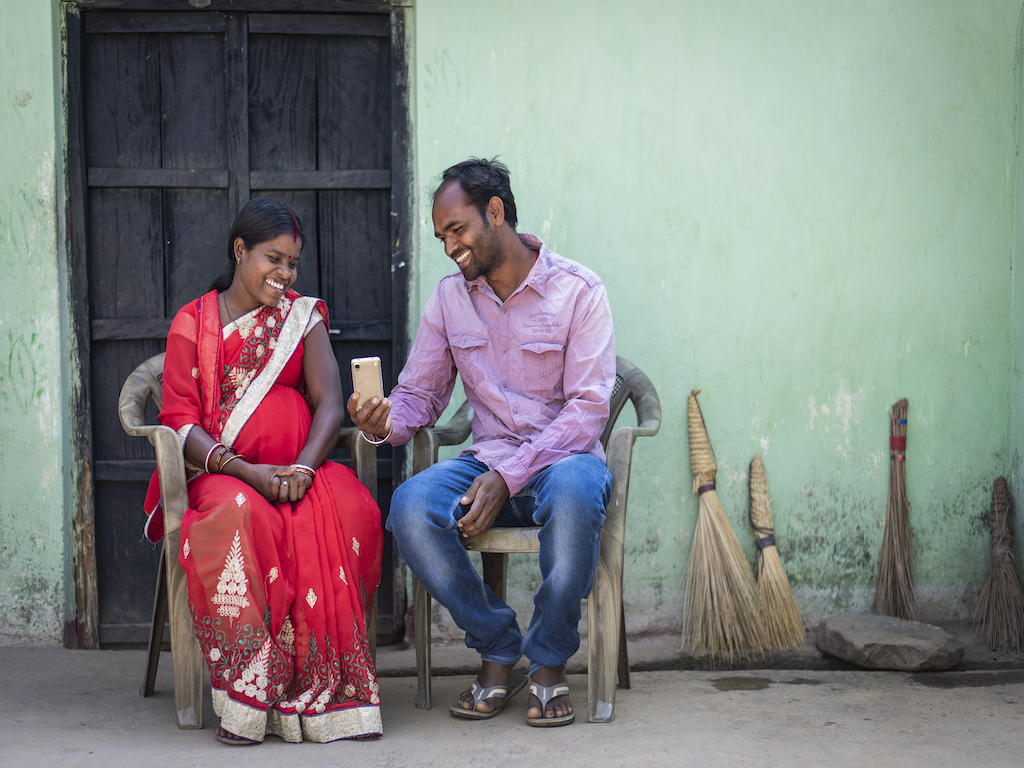
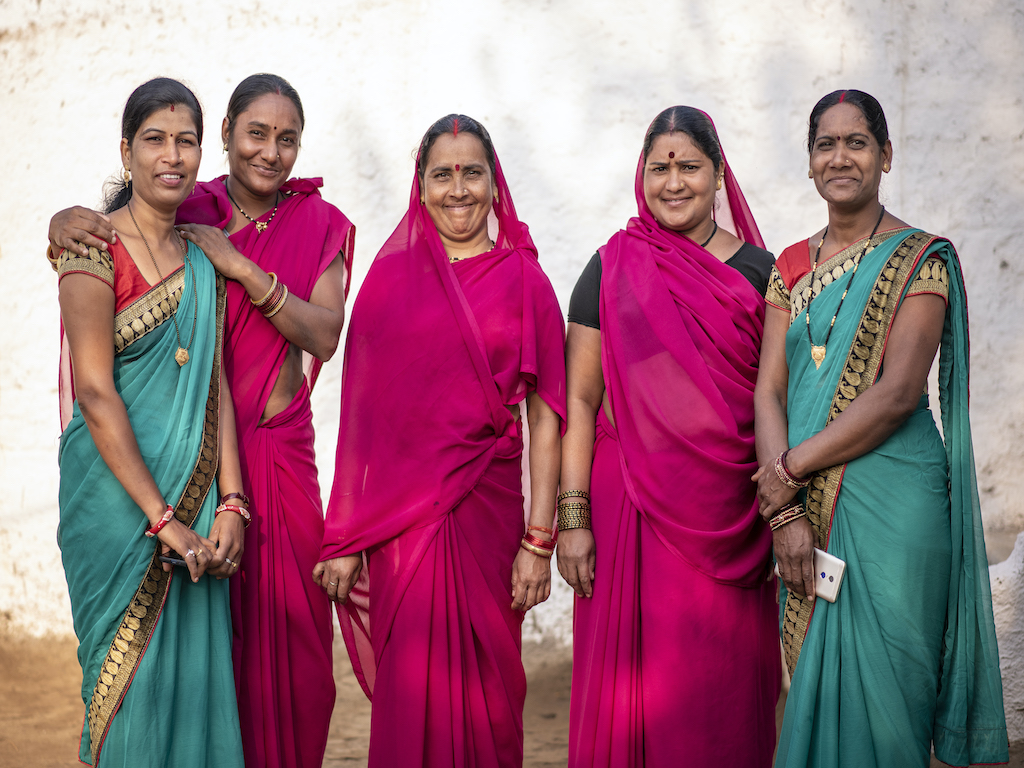
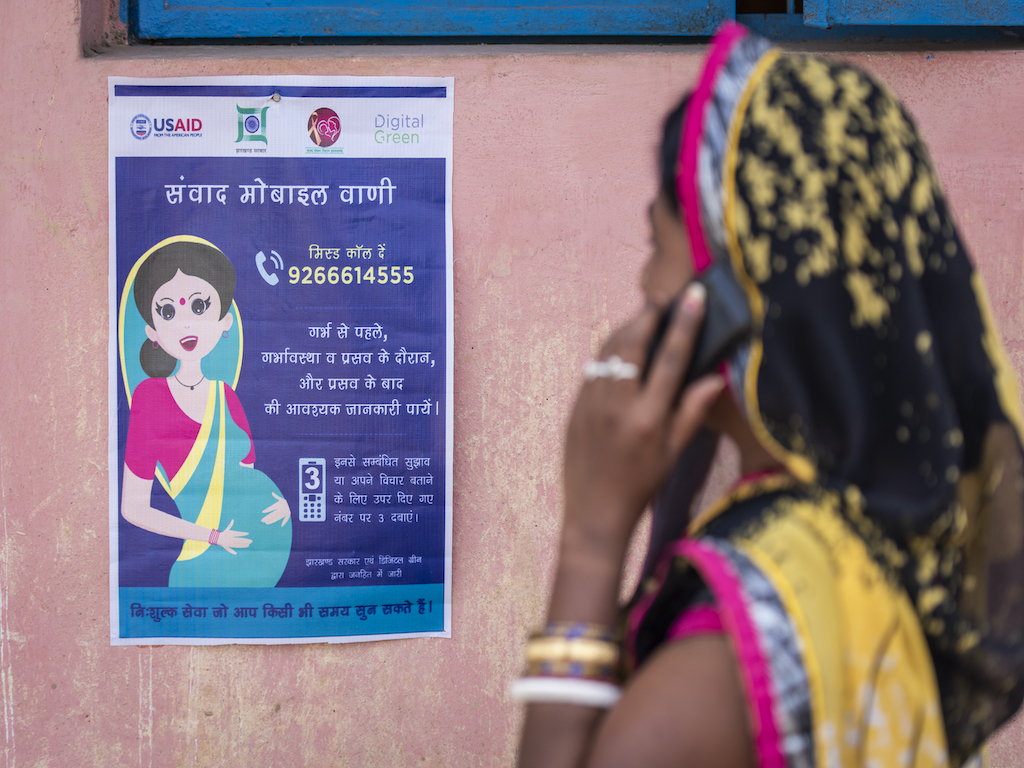
.jpg)
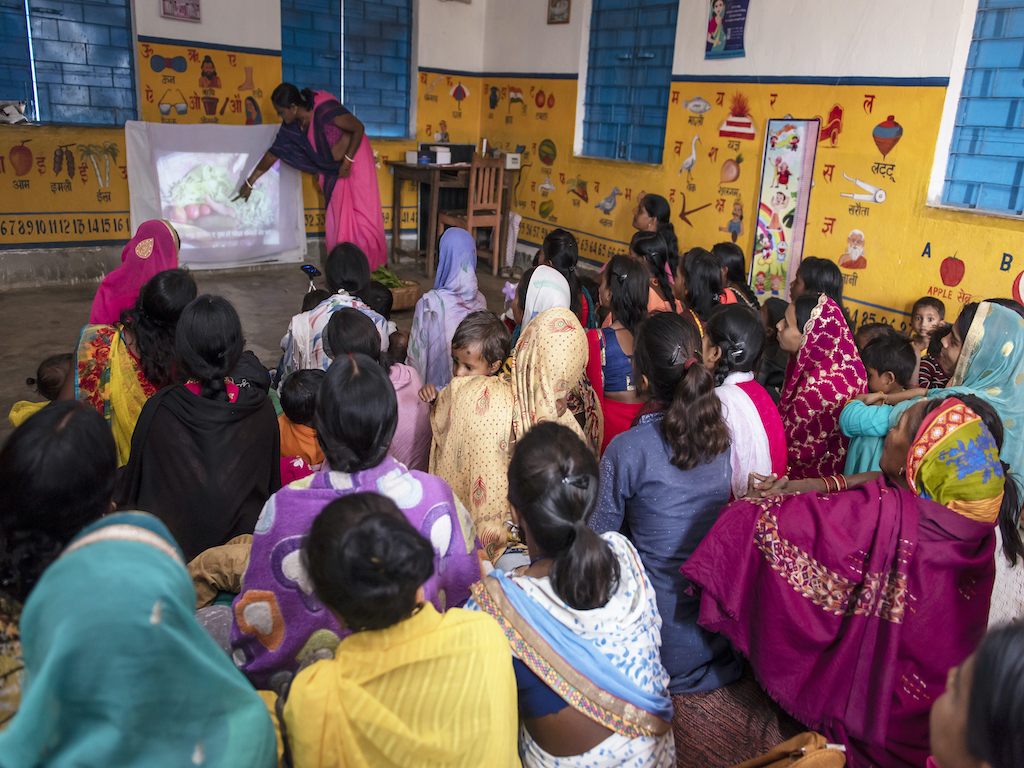
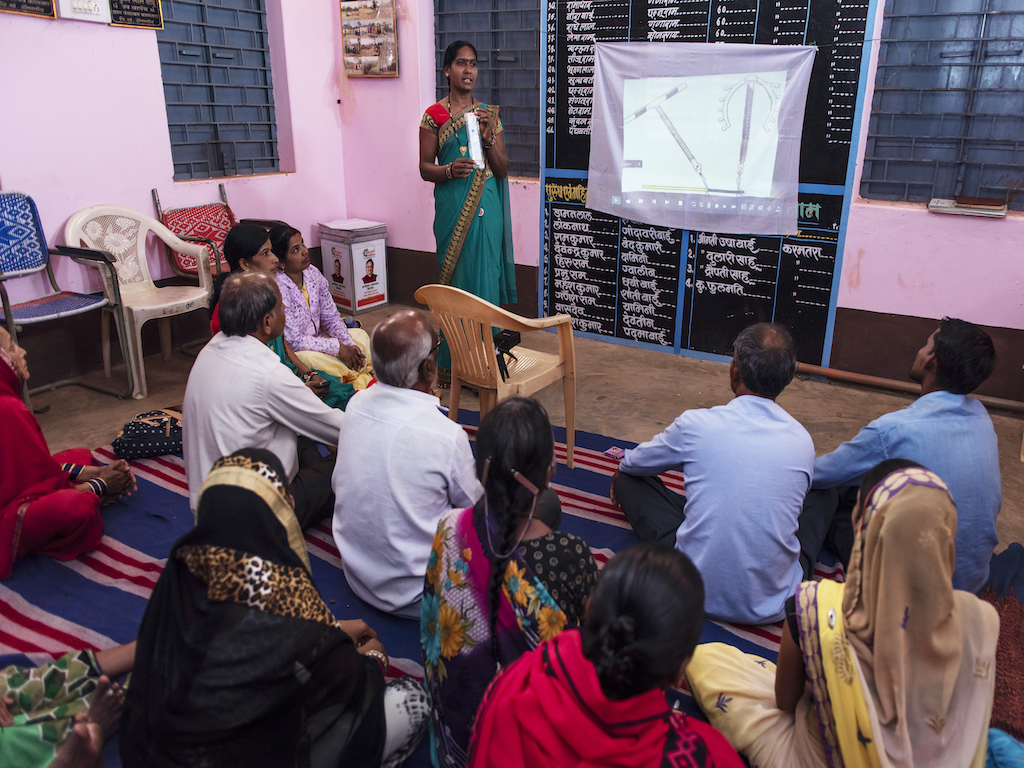
SECONDARY THEMES
COMMUNITIES SERVED
Women | Rural population | Healthcare service providers | Frontline workers
PROJECT LEAD
Farhad Ali
GOAL
Project Samvad collaborates with existing health system structures to build their capacity to employ video- and other ICT-enabled approaches to increase adoption of optimal maternal, infant, and child health and nutrition and family planning practices.
OBJECTIVES
- Improve maternal and child health, with a focus on the mother’s nutrition in the first 1,000 days after the birth of the child
- Improve knowledge and use of modern contraceptive methods
- Empower communities to avail government services and entitlements
SUMMARY
Project Samvad uses a low-cost, video-enabled, community-focused, participatory approach that empowers rural communities to share knowledge in a way that promotes the adoption of practices to improve health and nutrition outcomes. It collaborates with a variety of government, private, and civil society organizations to reach communities with focused messages. It designs locally relevant content, created by and for communities, to promote healthy behaviors on reproductive, maternal, and child health. The project has layered this community video approach as well as other ICT-enabled interventions within the existing extension systems of various government departments for greater penetration and impact.
The project also leverages key learnings from a randomized controlled trial (RCT) on nutrition-sensitive agriculture in Odisha being carried out in partnership with the London School of Hygiene and Tropical Medicine, JSI-SPRING, VARRAT, Ekjut, D-Cor, and University College London. In the long run, the project aims to transition ownership and responsibility for funding and execution of the ICT-enabled approach to governments.
EXPECTED COVERAGE
- A target of 40000 new reaches directly through pico based video disseminations achieved
- Achieved 36871 till March 2020
- Pico based disseminations on hold since April 2020; digital outreach started
ACHIEVEMENTS
Shifted strategy from in-person video dissemination to virtual disseminations using WhatsApp and IVRS.
KEY INDICATORS
- Percentage of mothers of children under 2 who have correct knowledge of MIYCN practices
- Percentage of recently delivered women having 4+ antenatal check-ups in last pregnancy
- Percentage of women of reproductive age and their husband (15-34 years) who know about at least three modern family planning-spacing methods
PRIVATE SECTOR PARTNERSHIPS
OnionDev Technology Pvt. Ltd.: A sub-grantee, ODT provides a technological platform to run voice-based virtual outreach
TECH INNOVATION INTRODUCED
Developed audio messages for IVRS servers in various vernacular languages.
WORK DONE AROUND COVID-19
Digital Green is supplementing GoI's efforts to strengthen video-based SBCC initiatives on family planning and has disseminated videos in Hindi, Odia, and Chhattisgarhi in Uttarakhand, Bihar, Jharkhand, and Chhattisgarh on government run IVR lines.
































